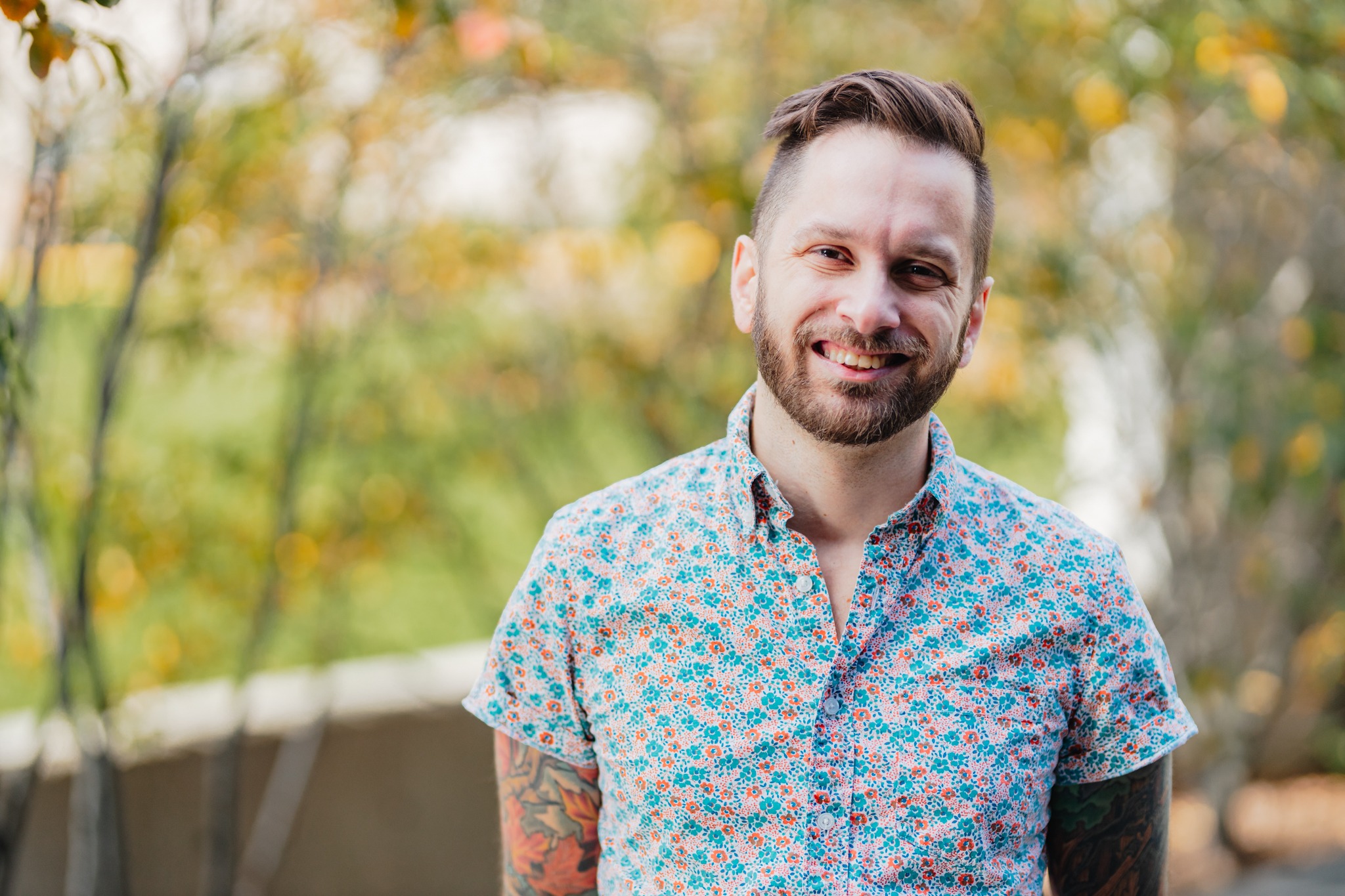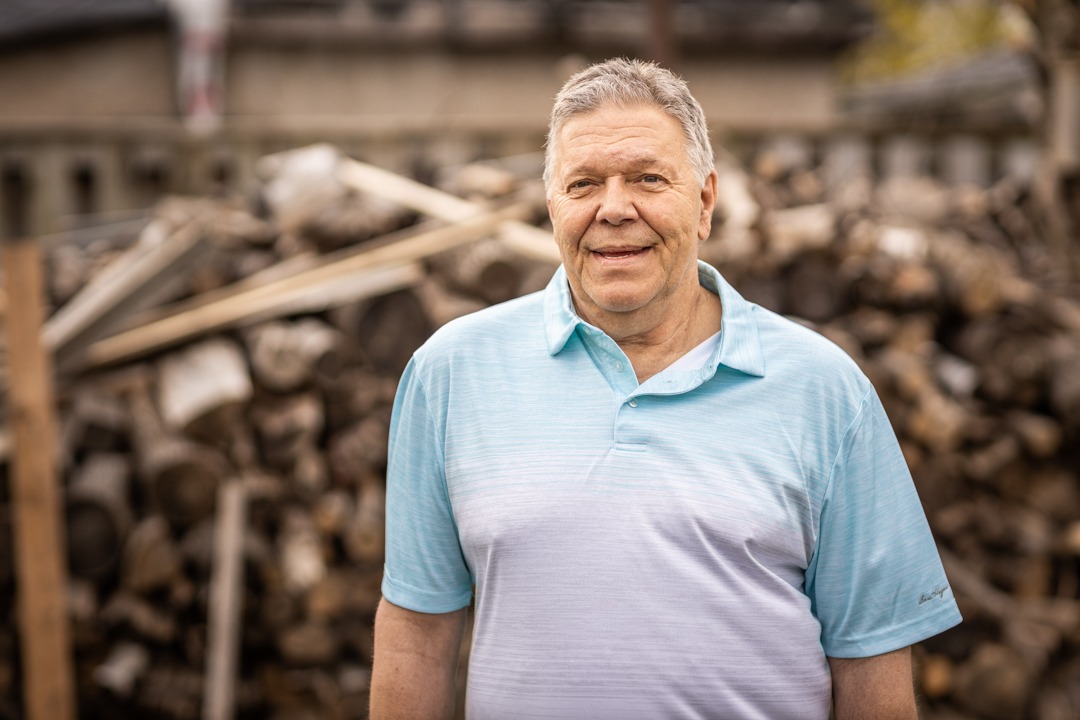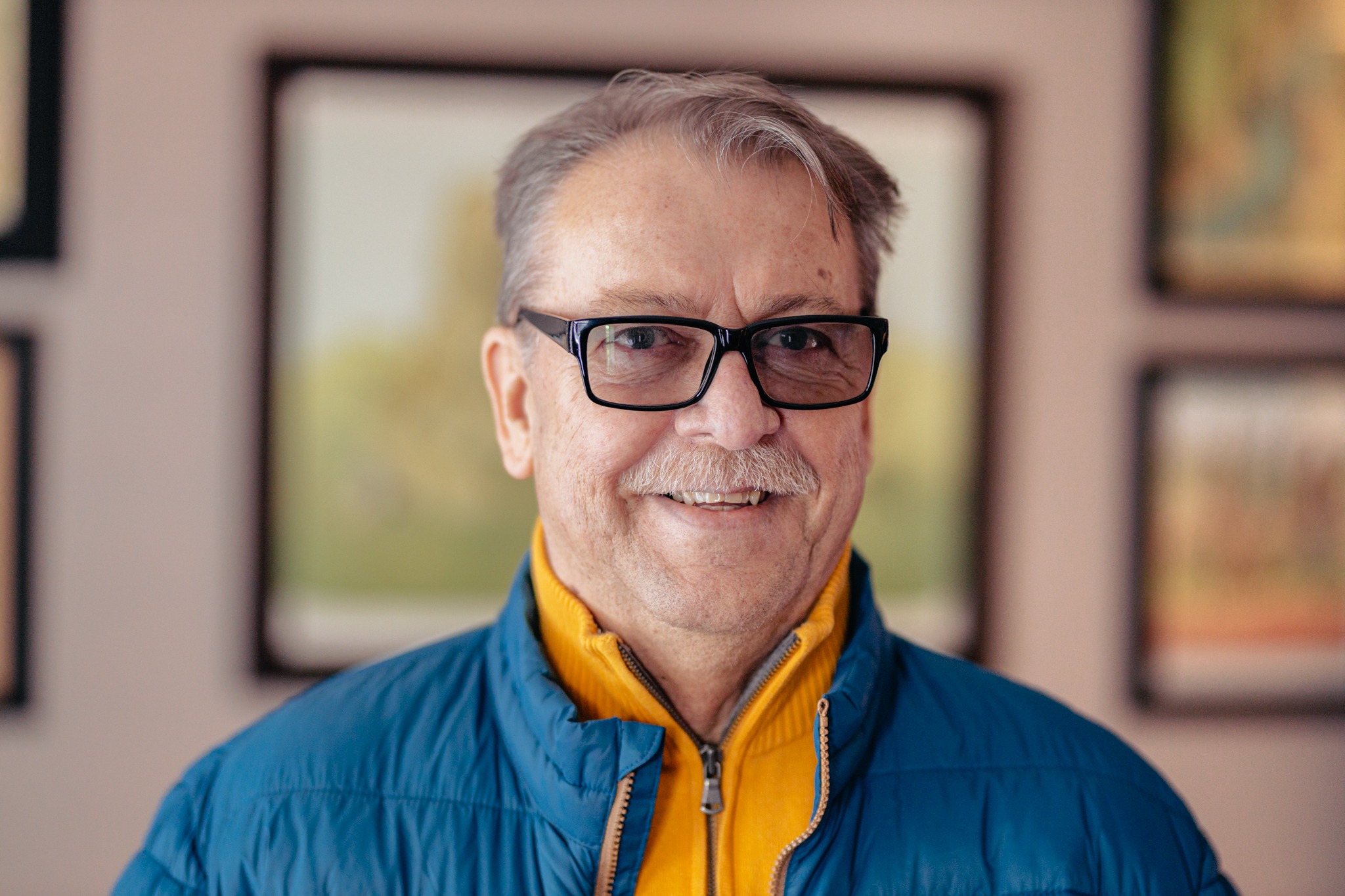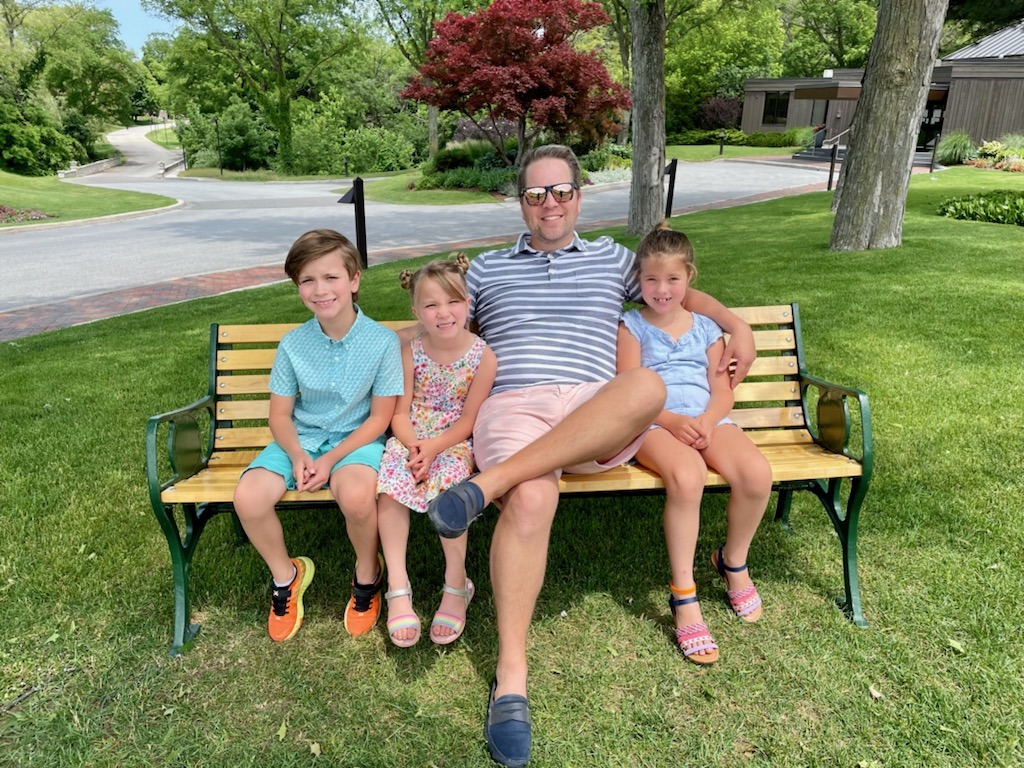
A conversation goes a long way to help fight cancer
Scott Rogers’ journey with Leukemia began late 2015. He was 32 years old and a father of three young kids. It was the last thing he and his wife ever expected.
“A cancer diagnosis at the age of 32 was a huge shock,” says Rogers.
He was ready to fight the disease physically, but hadn’t considered the impact it would have on his mental health.
Fighting cancer
Rogers was referred to the Juravinski Cancer Centre (JCC) for cancer treatment. After two rounds of chemotherapy and a stem cell transplant from his brother, he went into remission in the spring of 2016.
He says once he was in remission he just wanted to put the whole thing behind him.
But four years later, his cancer returned. And with it, came all the fears and “what if’s”, and he knew how hard it would be for his family to go through it again.
This time around, there were not only newer ways to tailor the treatment, but psychosocial support was part of his follow up care. After chemotherapy and a second stem cell transplant from his brother in March 2020, it was time for Rogers to tackle the mental aspect of cancer.
“Dealing with cancer sucks, but living with it after going into remission is way harder.”
Coping with the experience, twice
The psychosocial oncology program launched at JCC in 2019 and provides a full-range psychosocial and mental health supports to cancer patients. The program offers a multi-disciplinary team of social workers, psychologists, psychiatrists, child-life specialists and mental health nurse practitioner to help patients cope with a cancer diagnosis.
“I didn’t really think I needed the services and had the mentality that I could tough it out,” says Rogers. “But since it was part of my care plan I gave it a chance, and was I ever wrong.”
Rogers quickly realized that his approach to forget about his cancer experience hadn’t worked as well as he’d thought. He hadn’t mentally dealt with what he’d gone through the first time, which compounded the second time.
“Dealing with cancer sucks, but living with it after going into remission is way harder,” he says. “There’s always the fear that it’ll come back. Being able to talk through these fears with someone who understands and can help you manage them makes a huge difference.”
The program tailors support services for each patient based on their needs. In Rogers’ case, he had monthly one on one sessions with psychiatrist Dr. Jessica Waserman, which are still ongoing on a less frequent basis now that he’s doing well.
Waserman is also the psychiatry clinical lead for the psychosocial oncology program. Under her leadership enhancements have been made over the past year to continue to develop this new program.
“I know that no matter what, she’s just a phone call away if I need her.”
Exploring the pandemic’s impact
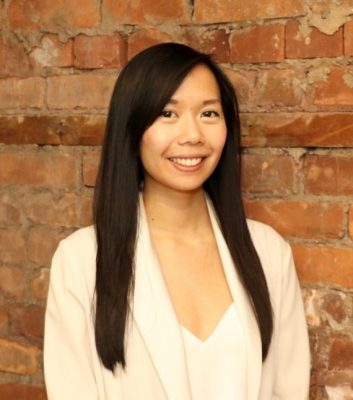
Dr. Karen Zhang
The psychosocial oncology program has been beneficial for many cancer patients like Rogers. However, since it was designed before COVID-19, Dr. Karen Zhang, a psychologist in the program has decided to explore whether the services are meeting the patients’ needs with the added stress of the pandemic.
Since Rogers has a strong support system at home, the pandemic didn’t have an impact, but that’s not the case for everyone.
“The pandemic has had an impact on many people’s mental health, not just those with health concerns, and it can be especially challenging for those without a strong support system,” says Zhang. “These factors are amplified when also dealing with a cancer diagnosis, treatment schedules and generally feeling unwell.”
Zhang is conducting a research study to identify the level of distress patients with cancer are experiencing due to the pandemic, and any possible opportunities for improving the program. Funding to support this study was provided by Hamilton Health Sciences Health Professional Investigator Grant.
“Since the landscape has changed, we want to know if we need to change with it,” she says.
Results of the study may help inform the development of new services within JCC and beyond.
Mental health is a priority
Rogers says he hadn’t realized how important it is to take care of his mental health.
“If these services weren’t part of my care plan I never would have utilized them, but now I can’t imagine going through cancer without them,” he says. “Dr. Waserman has helped me more than I ever could have imagined. She not only understands, but truly cares which makes it that much easier to open up. I know that no matter what, she’s just a phone call away if I need her.”
He now knows that a simple conversation goes a long way.
Hamilton Health Sciences has identified October as Research Awareness Month to bring attention to our research community and the pivotal role innovation and discovery play in transforming delivery of care. Our researchers are improving patient outcomes right here in Hamilton and are influencing healthcare on the global stage.

